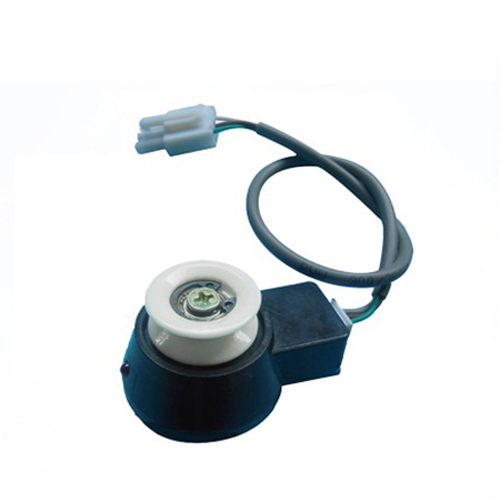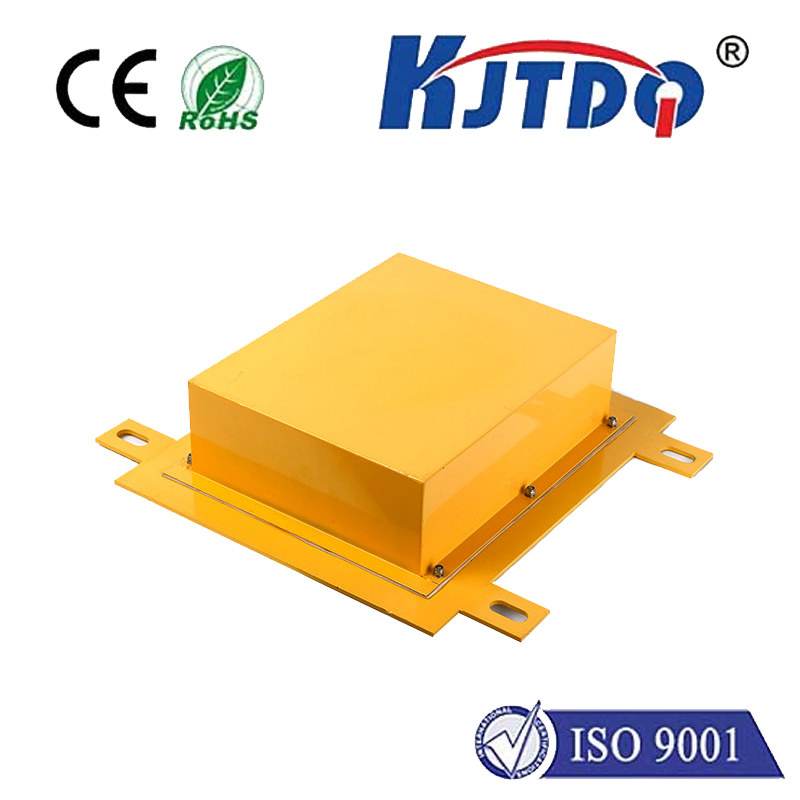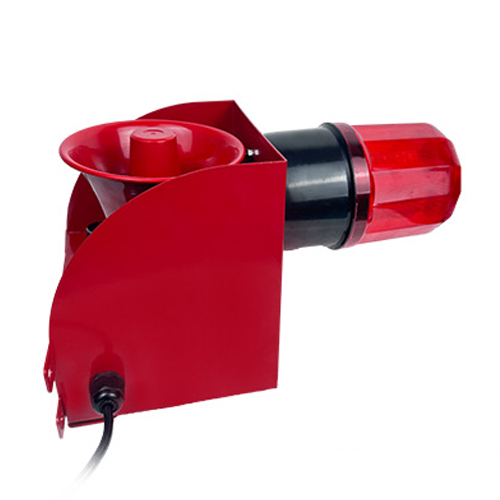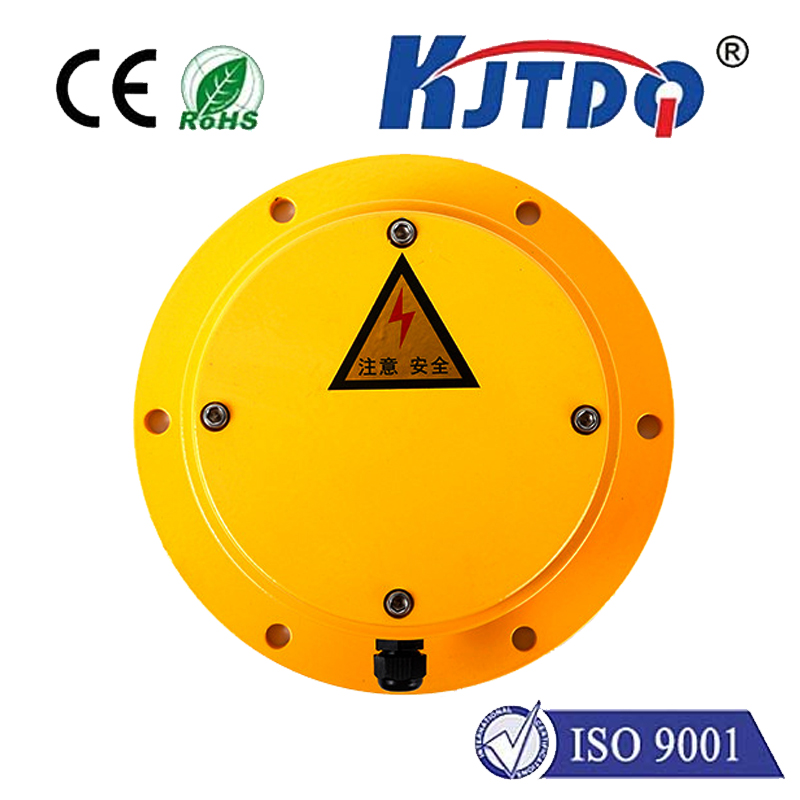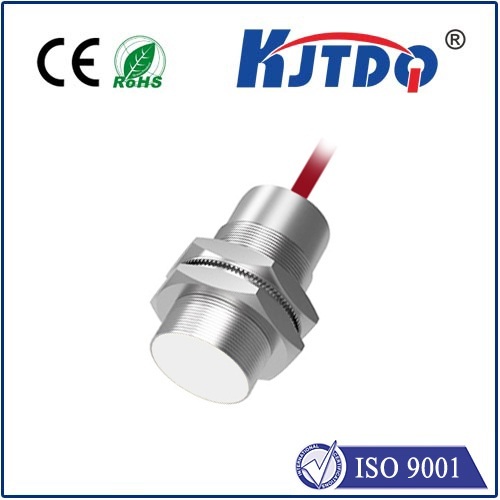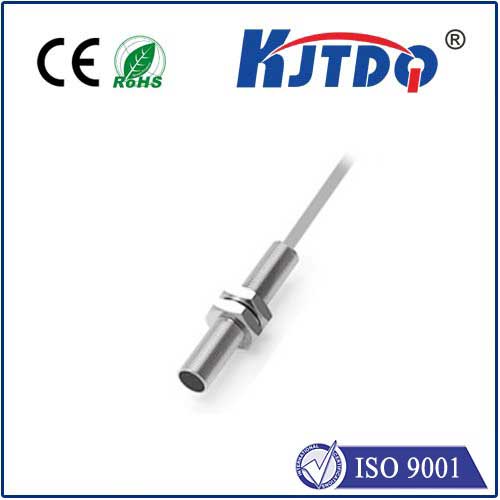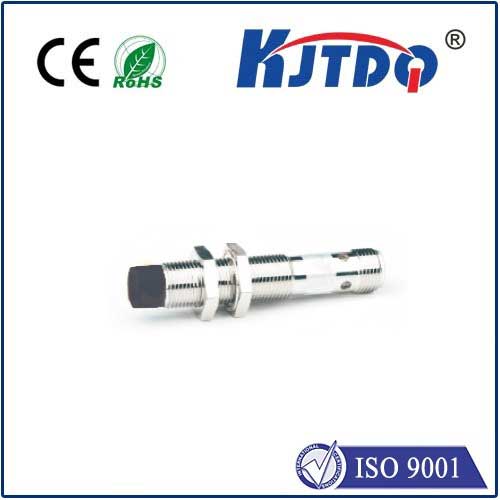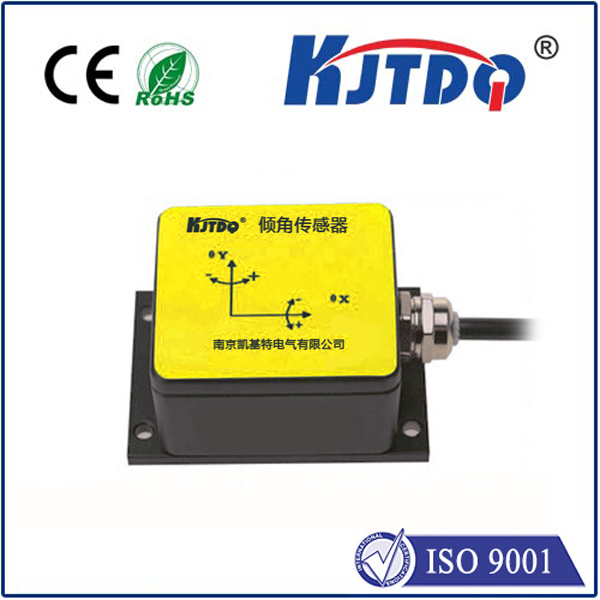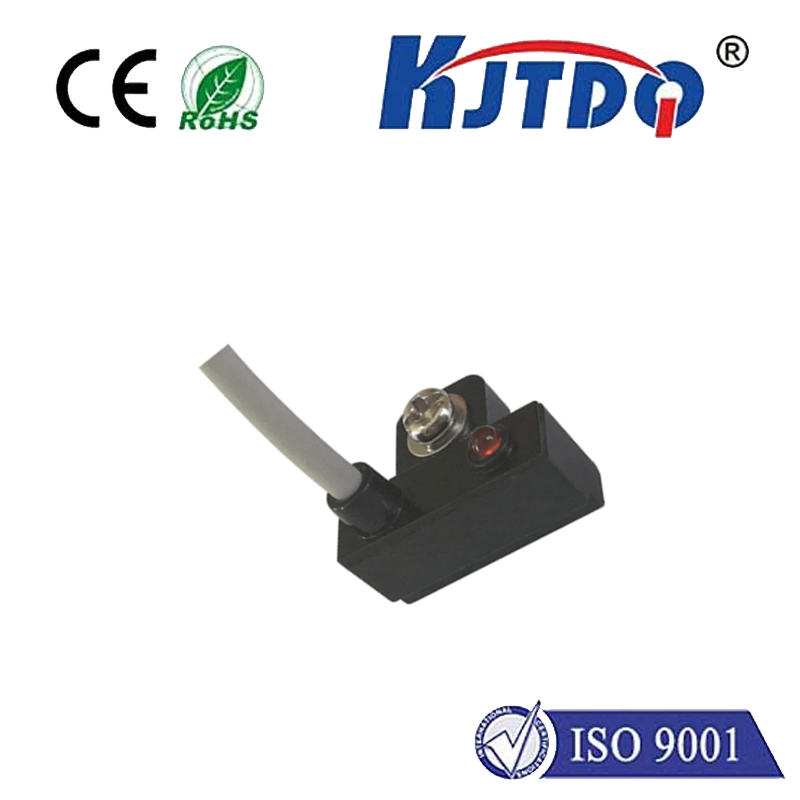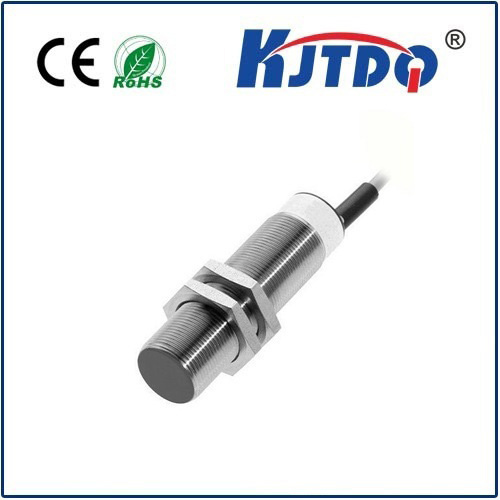Laser Fluid Level Sensor: Ensuring Precision and Accuracy in Fluid Measurements
In today's world, the demand for precise and accurate measurements of fluid levels has become increasingly significant. This is where a Laser Fluid Level Sensor comes into play. A cutting-edge technology that ensures reliable and consistent results, the sensor is designed to provide real-time data on fluid levels with utmost precision. In this article, we will delve into the details of what makes the Laser Fluid Level Sensor such an effective tool in fluid level measurements.
The Laser Fluid Level Sensor operates on the principle of optical triangulation. It uses a laser beam that is directed at the surface of the fluid, which then reflects back to a sensor. The sensor calculates the distance between itself and the fluid surface, providing an accurate measurement of the fluid level. This technology offers several advantages over traditional methods, including improved accuracy, increased speed, and reduced maintenance costs.

One of the most significant benefits of using a Laser Fluid Level Sensor is its ability to provide continuous monitoring of fluid levels. Unlike manual measurements that are taken periodically, this sensor offers real-time data that can be used to detect any changes in the fluid level immediately. This feature is particularly useful in industries such as oil and gas, where monitoring fluid levels is critical to ensure safety and prevent accidents.
Another advantage of using a Laser Fluid Level Sensor is its non-invasive nature. Traditional methods often require physical contact with the fluid, which can lead to contamination or damage to the equipment being measured. With this sensor, there is no need for direct contact with the fluid, making it ideal for use in hazardous environments or situations where maintaining hygiene is crucial.
In addition to these benefits, the Laser Fluid Level Sensor also boasts high accuracy and repeatability. The use of advanced algorithms and calibration techniques ensures that each measurement taken by the sensor is reliable and consistent. This feature makes it an excellent tool for applications where precise measurements are essential, such as medical devices or scientific research.
Furthermore, the Laser Fluid Level Sensor is easy to install and requires minimal maintenance. Its compact size allows it to be installed in confined spaces without compromising performance or accuracy. Additionally, since it does not require physical contact with the fluid, there is less wear and tear on the equipment, resulting in longer lifespans and lower maintenance costs.
While the Laser Fluid Level Sensor has numerous benefits, it is important to note that it may not be suitable for all applications. For example, if the fluid being measured is opaque or highly absorptive, the sensor may not provide accurate readings. Additionally, environmental factors such as temperature fluctuations or vibrations may affect the accuracy of the sensor. Therefore, it is essential to carefully evaluate the specific needs of your application before selecting a Laser Fluid Level Sensor.
In conclusion, the Laser Fluid Level Sensor is a versatile and reliable tool for measuring fluid levels with precision and accuracy. Its non-invasive nature, continuous monitoring capabilities, and ease of installation make it an ideal choice for various industries. By understanding the benefits and limitations of this technology, you can determine whether it is the right solution for your specific application.
